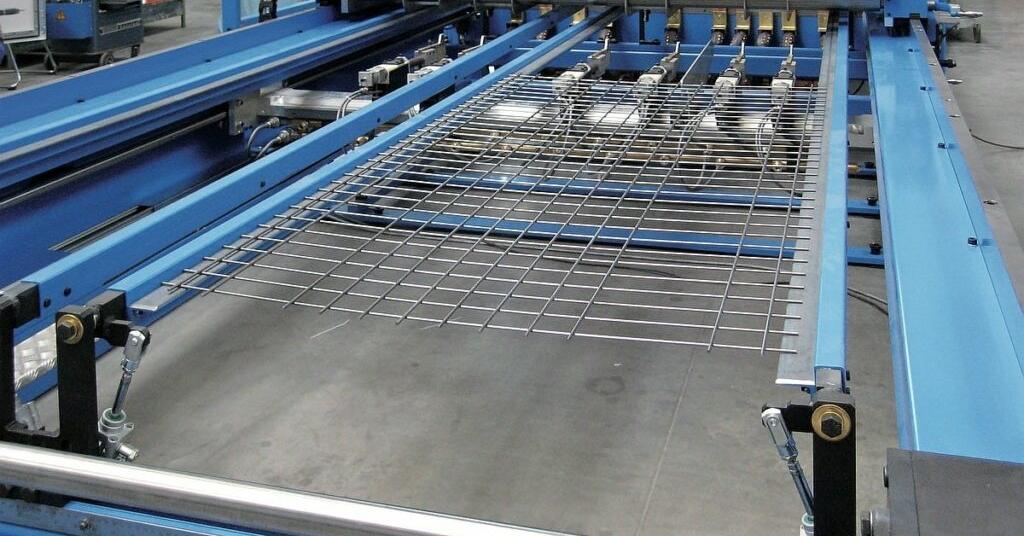Are you curious to know what is an ideal machine? You have come to the right place as I am going to tell you everything about an ideal machine in a very simple explanation. Without further discussion let’s begin to know what is an ideal machine?
The term “ideal machine” may sound like a concept from science fiction or a utopian dream, but in the world of engineering and physics, it holds a precise and practical meaning. Ideal machines are theoretical constructs that help engineers and physicists simplify complex problems and understand the fundamental principles of mechanics. In this blog, we will explore the idea of an ideal machine, what it represents, and its role in engineering and physics.
What Is An Ideal Machine?
In the realm of engineering and physics, an ideal machine is a hypothetical device that does not exist in reality but serves as a theoretical model for understanding mechanical principles. It is designed to be perfect, eliminating any energy losses or inefficiencies, and it allows for a simplified analysis of mechanical systems. Ideal machines serve as valuable tools for engineers and scientists to grasp the core concepts underlying complex mechanisms.
Key Characteristics Of An Ideal Machine:
- Efficiency: In an ideal machine, efficiency is 100%. This means that all the input energy is perfectly converted into useful work, and no energy is lost as heat, friction, or other forms of waste.
- Frictionless: Ideal machines assume a complete absence of friction, one of the primary sources of energy loss in real-world mechanical systems. In reality, friction is ever-present and can significantly impact the efficiency of machines.
- No Mass: Ideal machines are considered to have no mass, which allows them to start and stop instantaneously without any inertia.
Types Of Ideal Machines
Several types of ideal machines serve as foundational models for various mechanical systems. Some of the most commonly discussed ideal machines include:
- Ideal Lever: This theoretical device has no friction or mass and allows for effortless rotation around a fixed point (fulcrum). It simplifies the study of forces and torque in lever systems.
- Ideal Pulley: The ideal pulley has no mass, no friction, and no energy losses. It aids in understanding the principles of mechanical advantage and the redistribution of force in pulley systems.
- Ideal Gear: An ideal gear system features perfectly shaped and frictionless gears, allowing for precise control of rotational speed and mechanical advantage.
- Ideal Inclined Plane: In an ideal inclined plane, no friction opposes the motion of an object along the slope, making it an excellent model for understanding the concept of work done in lifting objects at an angle.
The Role Of Ideal Machines In Engineering And Physics
Ideal machines are valuable teaching tools that enable engineers and physicists to simplify complex problems and focus on fundamental principles. While real-world machines always exhibit some degree of inefficiency, friction, and mass, the ideal machine concept helps lay the groundwork for understanding how these factors impact the performance of actual mechanical systems.
Engineers often use ideal machines to create simplified models during the design and analysis phase of a project. These models provide valuable insights into the expected performance and efficiency of a system, serving as a starting point for refining designs and optimizing real-world machines.
Conclusion
The concept of ideal machines serves as a powerful theoretical tool in the fields of engineering and physics. While these machines do not exist in reality, they play a critical role in simplifying complex mechanical problems and helping engineers and scientists grasp fundamental principles. Understanding how ideal machines work and their theoretical characteristics is an essential step in the process of designing, analyzing, and improving real-world mechanical systems.
FAQ
What Is Called An Ideal Machine?
An ideal machine is a machine whose work input is equal to work output. There is no loss of power from input to output work. The efficiency of an ideal machine is unity or 100%. It is not possible to construct an ideal machine. Because machines have some loss of energy in the form of heat or friction.
What Is An Ideal Machine Class 8?
A machine in which no part of the work done on the machine is wasted, is called an ideal machine or perfect machine. The efficiency of an ideal machine is 1 (or 100 percent) i.e., work output is equal to work input.
What Is An Ideal Machine Answer?
An ideal machine is a machine whose parts are weightless and frictionless so that which there is no dissipation of energy in any manner. Its efficiency is 100%, i.e. the work output is equal to work input.
What Is An Ideal Machine Class 7?
A machine is said to be ideal if the work output of the machine is equal to the work input of the machine. The efficiency of an ideal machine is always equal to unity. No amount of input work is wasted in an ideal machine to overcome friction etc.
I Have Covered All The Following Queries And Topics In The Above Article
What Is The Efficiency Of An Ideal Machine
What Is An Ideal Machine?
What Is The Principle Of An Ideal Machine
What Is An Ideal Machine For Class 6
What Is An Ideal Machine In Physics
What Is An Ideal Machine Example
What Is An Ideal Machine Class 9
What Is An Ideal Machine Class 10
What Is The Efficiency Of An Ideal Machine
Ideal Machine Meaning In Tamil
State The Principle Of An Ideal Machine
Ideal Machine Meaning In Hindi
What Is An Ideal Machine
What is called an ideal machine

